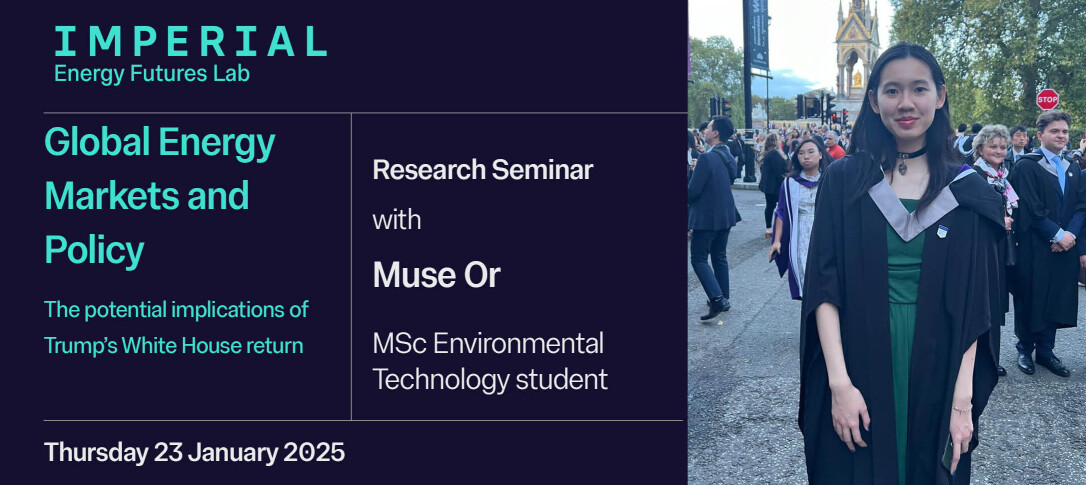
Global Energy Markets and Policy
The Potential Implications of Trump’s White House ReturnGlobal Energy Markets and Policy
Current US President-elect Donald Trump won the 2024 US Presidential Election on 5 November 2024. His triumphant return to the White House has significant potential implications for global energy markets and policy. During Trump’s first administration, significant shifts in energy policy, shaped by Trump’s ‘Energy Independence’ agenda, were observed. Aiming to make America a strong energy exporter to the world, Trump’s energy policies included a series of deregulations, increased fossil fuel production, and withdrawal from the Paris Agreement. Trump’s administration has managed to lower gas prices, reach record-high renewable energy production and consumption and top the charts for being the biggest worldwide producer of oil and natural gas. This has led to a shift in global trade dynamics as there is increased competition for other countries relying on oil export. Global climate policy has also been weakened by America’s exit from the Paris Agreement.
With an impending return to the White House, it is predicted that the US and European gas prices will be lowered during Trump’s second administration. Moreover, the US’s exit from international climate agreements and prioritisation of traditional fuels could embolden other countries to deprioritise ESG and renewable energy transition. Major energy-exporting nations, such as China and Russia, may benefit from a strengthened U.S. traditional energy sector. However, countries strongly committed to renewable energy transitions and climate change, such as the UK, France, might find their energy policies mismatched with that of the U.S., undermining international energy collaborations and trade deals.
This presentation will evaluate the broader implications for global energy markets and policy during Trump’s second presidency. The future roles of the US and various other countries in the transition to renewable energy and climate change mitigation will be discussed.
Speaker
Muse Or is an MSc Environmental Technology student at Imperial. A recent BSc Earth Science graduate from Imperial, Muse is specialising in Energy Policy. With a strong interest in Energy Policy, Muse was the podcast manager of the Imperial Energy Society last year, where she interviewed professionals from the academia and energy industry about a contemporary energy issue in each episode. She has published four episodes on PodBean and has garnered a sizeable audience. Besides that, Muse did an industrial research internship at Hitachi in the past summer where she analysed the ecological and environmental impacts of CDR (Carbon Dioxide Removal) and CCU (Carbon Capture and Utilisation) technologies. Her analysis will help build the final scoring model and the technologies research roadmap for Hitachi. Muse plans to leverage her expertise in Energy Policy and Economics by working in the Energy industry and national governments in the future.
About Energy Futures Lab
Energy Futures Lab is one of seven Global Institutes at Imperial College London. The institute was established to address global energy challenges by identifying and leading new opportunities to serve industry, government and society at large through high quality research, evidence and advocacy for positive change. The institute aims to promote energy innovation and advance systemic solutions for a sustainable energy future by bringing together the science, engineering and policy expertise at Imperial and fostering collaboration with a wide variety of external partners.